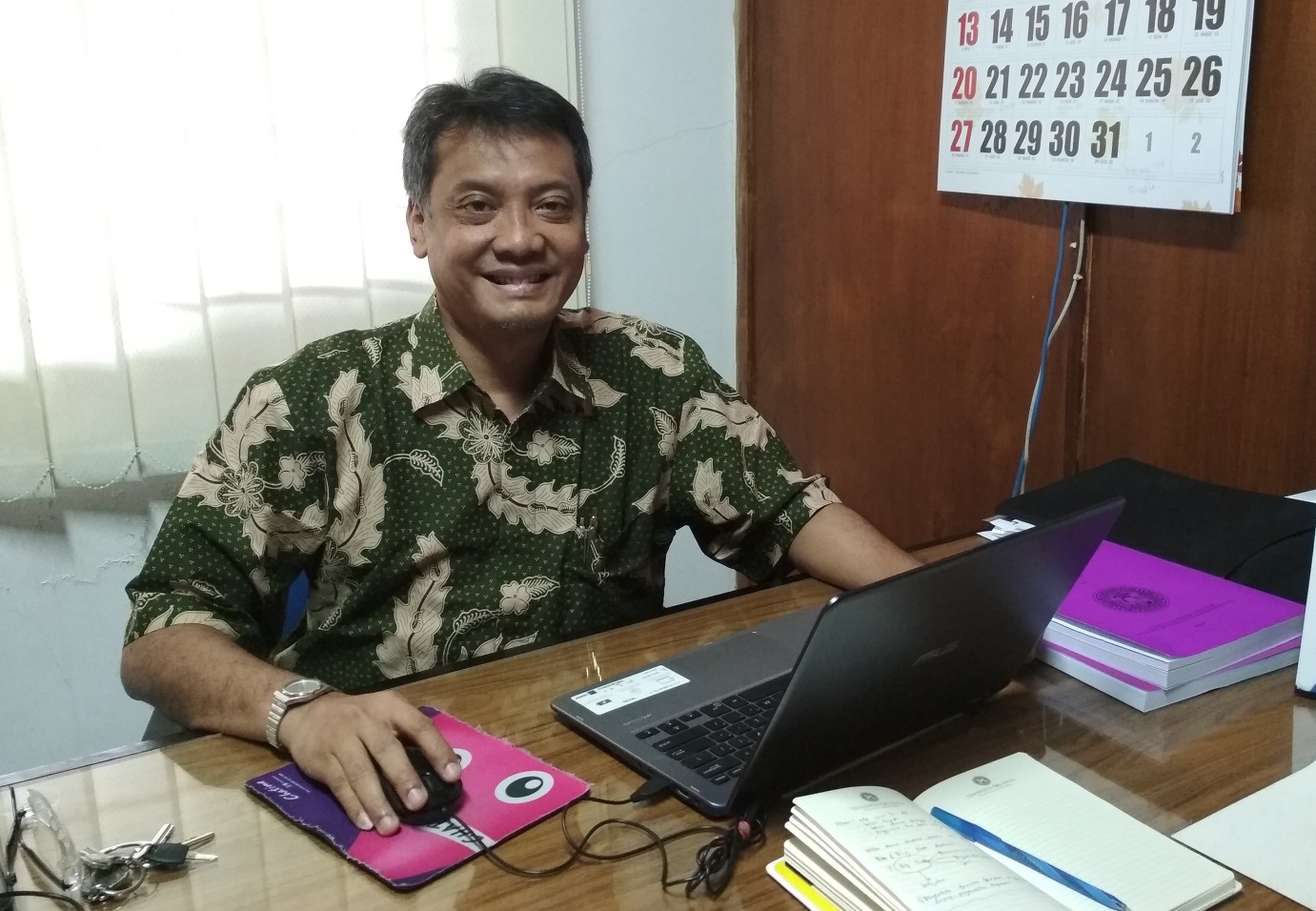UNAIR NEWS – In early January 2019, the media reported that there were many hospitals that stopped serving Healthcare BPJS participants or stopped collaborating with Healthcare BPJS. It happened because of the new regulation by Ministry of Health (Kemenkes) that hospitals collaborating with Healthcare BPJS must be accredited first.
The accreditation uses a new standard, the National Standards for Accreditation of Hospitals (SNARS) 1. Accreditation of hospitals that will expire can also continue collaboration with BPJS. But on condition that the hospital has submitted a re-accreditation request to the Hospital Accreditation Commission (KARS).
Dr. Setya Haksama, drg., M.Kes, a lecturer at Faculty of Public Health (FKM) Universitas Airlangga (UNAIR) Department of Health Policy and Administration (AKK) explained that accreditation is a means of recognizing or standardizing services and management in an institution, in this case, hospitals. Accreditation and improvement of hospitals’ quality need to be done so that people get excellent and standardized healthcare services.
“Hospitals that have been accredited means that the hospital has met the standards and quality of service based on established indicators,” said the lecturer who is known better as Dr. Haksa.
After being accredited, the hospital cannot immediately cooperate with Healthcare BPJS. One of the processes that must be passed is to conduct a credential review by Healthcare BPJS. The credential process aims to find out whether the hospital is recommended to work with Healthcare BPJS or not.
There are four technical requirements that must be met by the hospitals in credential process, such as in the aspects of services and human resources, facilities and infrastructure (equipment and buildings), systems and procedures, and service commitments.
“Hospitals that have met the requirements of the credential process can then be recommended to cooperate with BPJS,” said Dr. Haksa.
After running for one year, in order to improve the quality of hospital services, Healthcare BPJS also conducted Walk Through Audit (WTA) to assess the level of satisfaction of JKN-KIS participants on outpatient and inpatient services at the hospital. The WTA is conducted at least once a year. For the continuation of cooperation, BPJS Kesehatan will also conduct re-credential process to the hospital.
“So, to continue cooperation with Healthcare BPJS, the hospital needs to carry out a re-credential process. However, if the hospital wants to upgrade the class, the hospital needs to submit credentials again. That is the administrative process to the City / Regency and Provincial Health Agency, “explained Dr. Haksa.
At the moment the Healthcare BPJS also needs to evaluate its performance, because it is suspected of experiencing a financial deficit. The government needs to provide funding to cover the JKN funding shortage in 2018, improving the budget, reviewing the policy, increasing the amount of contributions to overcome the imbalance in medical expenses and fees and other funding sources such as cigarette tax or excise.
However, government policies often change and have an impact on Healthcare BPJS and hospitals in Indonesia. They have to make a lot of adjustments for the changing policy.
Therefore, Dr. Haksa hoped that in the future the government can conduct a more in-depth management study of all institutions, such as hospitals, government and Healthcare BPJS in the context of the implementation and success of JKN.
In the current system, there are many elements that have not been integrated, many goals that have not yet been achieved, and data on the population of Indonesia that have not been properly managed. Management and service arrangements must be better and well-organized in hospitals and Healthcare BPJS.
“When everything in Indonesia is recorded, there will be big data analysis or BDA. This BDA is useful in developing policy formulations, program planning, and good decision making,” concluded Dr. Haksa. (*)
Author: Galuh Mega Kurnia
Editor: Binti Q. Masruroh





